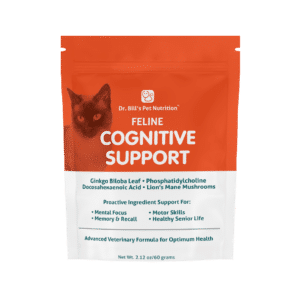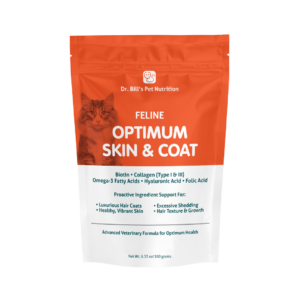
Phosphatidylserine
— INGREDIENT —
Phosphatidylserine is a key component of the cell membrane and is essential for cell-to-cell communication and transfer of biochemical messages into the cell (especially within the brain and central nervous system).
Functions of Phosphatidylserine (PPS)
- Phosphatidylserine is a structural component of biological membranes of animals
- PPS was first isolated from brain lipids called cephalins.
- The two major cephalins are phosphatidylserine and phosphatidylethanolamine
- PPS may have cognition enhancing activity
Phosphatidylserine supplements are purported to preserve memory, improve mood, and enhance exercise performance.
Phosphatidylserine may help improve memory function in older animals. A 2010 study published in the Journal of Clinical Biochemistry and Nutrition reported that78 elderly people with mild cognitive impairment were assigned to six months of treatment with phosphatidylserine supplementation. In tests performed at the end of the six-month period, participants with relatively low memory scores at the start of the study were found to have experienced a significant improvement in memory.
Preliminary research indicates that phosphatidylserine holds promise in the treatment of depression. In a 2004 study published in Progress in Neuropsychopharmacology and Biological Psychiatry, tests on rats demonstrated that phosphatidylserine may offer an anti-depressive effect.
Phosphatidylserine supplements may help boost exercise capacity and improve performance in athletic dogs. According to a 2006 report published in Sports Medicine the use of phosphatidylserine supplements among exercising humans helped to decrease muscle soreness and protect against increase in levels of cortisol (a stress hormone) that often occurs as a result of overtraining.
NEW
Subscribe & Save
Save 10% On Auto Deliveries
Shop Now
Products with Phosphatidylserine
Oops. We still need to add products here.
Glossary
No results found.



